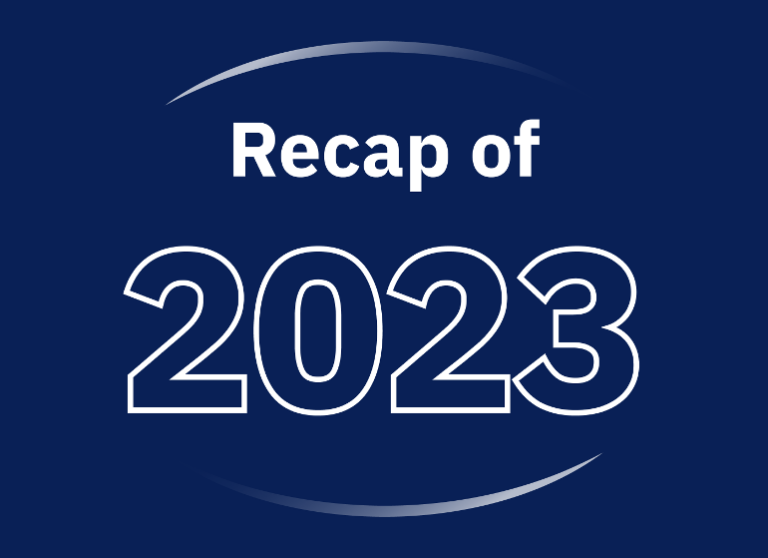We are faced with financial decisions every single day – from buying groceries, buying cryptocurrencies, investing our savings or taking out a mortgage. To get these decisions right, we need to have clear financial goals and an overview of our budget. This is where personal finance comes into play.
What is personal finance?
Personal finance is an essential discipline for a happy and self-governed life. In short, it means that you take conscious control of your financial situation. This includes tasks such as budgeting, monitoring and tracking your income and expenses and to spend money responsibly. You should be able to cover all of your needs, indulge in your wants and have money left over for saving and investing.
Budgeting
A budget basically consists of a structured list of your income and regular expenses. If you put them next to each other, e.g. in a spreadsheet, you can see if you actually earn more than you spend, hence are increasing your personal wealth (or not).
The beauty of budgeting is that you have a transparent way of tracking your income and your expenses. No more self-deception about how and how much money you spend! You must face your spending decisions documented clearly in front of you!
This transparency leads to better and more responsible spending decisions. An important part of managing your expenses is to allocate them to various categories. We suggest you keep this simple with the following three categories:
- Needs: rent, housing, mobility, car insurance, food, healthcare, utilities
- Wants: eating out, entertainment, hobbies, travel
- Saving and investing: Exchange traded funds (ETFs), savings account, emergency fund, etc.
How much you allocate to these categories will depend on your financial wealth and situation. If you have a mortgage to pay, pay it off before allocating money to wants and saving and investing. Obviously, you first have to cover the needs before you can move on to wants and savings and investment.
A common recommendation is the 50-30-20-rule:
Spend 50% on needs, 30% on wants, 20% on saving and investment.
Where to Start + Techniques
Do you fear that budgeting is hard and complicated? Don’t worry, we suggest you start with a simple expense tracker. Using a simple app like Mint or Wally can help you track your daily expenses and in what categories you actually make them. Another great way to budget is to use intuitive smartphone apps like Pocket Guard.
Setting goals
Personal finance is after all personal. In order to make responsible financial decisions, individuals must first define and then keep their financial goals in mind. Such goals usually pertain to questions such as
- How much money to save per month?
- How much financial wealth to build by what age?
Here, the idea is to have a long-term vision with a short-term focus. The best goal is to have a target of how much money to save per year and month.
Tools
Luckily, there is no shortage of tools and apps out there to help you manage your personal finances. Not all of them are useful, however. We advise you to focus on the following:
- Spreadsheets: Simple spreadsheets to track your income and expenses. Tools such as Microsoft Excel often offer easy-to-use templates.
- Expense trackers: Handy smartphone apps to track your expenses on the smartphone.
- Budgeting apps: These apps are more advanced and can help you to clearly lay out according to your defined financial goals.
Conclusion
Personal finance – the art of managing and building your financial wealth while financing your needs and wants – is an essential discipline for a happy and healthy life. Unfortunately, there is a lack of education when it comes to finances.
The most important task for managing our personal finances is ongoing budgeting, noting our income and expenses to make sure we earn more than we spend and spend our money wisely and responsibly. To this end, it is useful to distinguish expenses between needs, wants and savings and investing.
With expense trackers it’s easy to keep an eye on your expenses. First, set and define long-term and short-term financial goals and specify them, there are plenty of budgeting apps to help you with it.
Disclaimer
This is not a financial advice. This is not a recommendation to buy, sell, or participate in the associated network. We would like to encourage you to do your own research and invest at your own risk.







